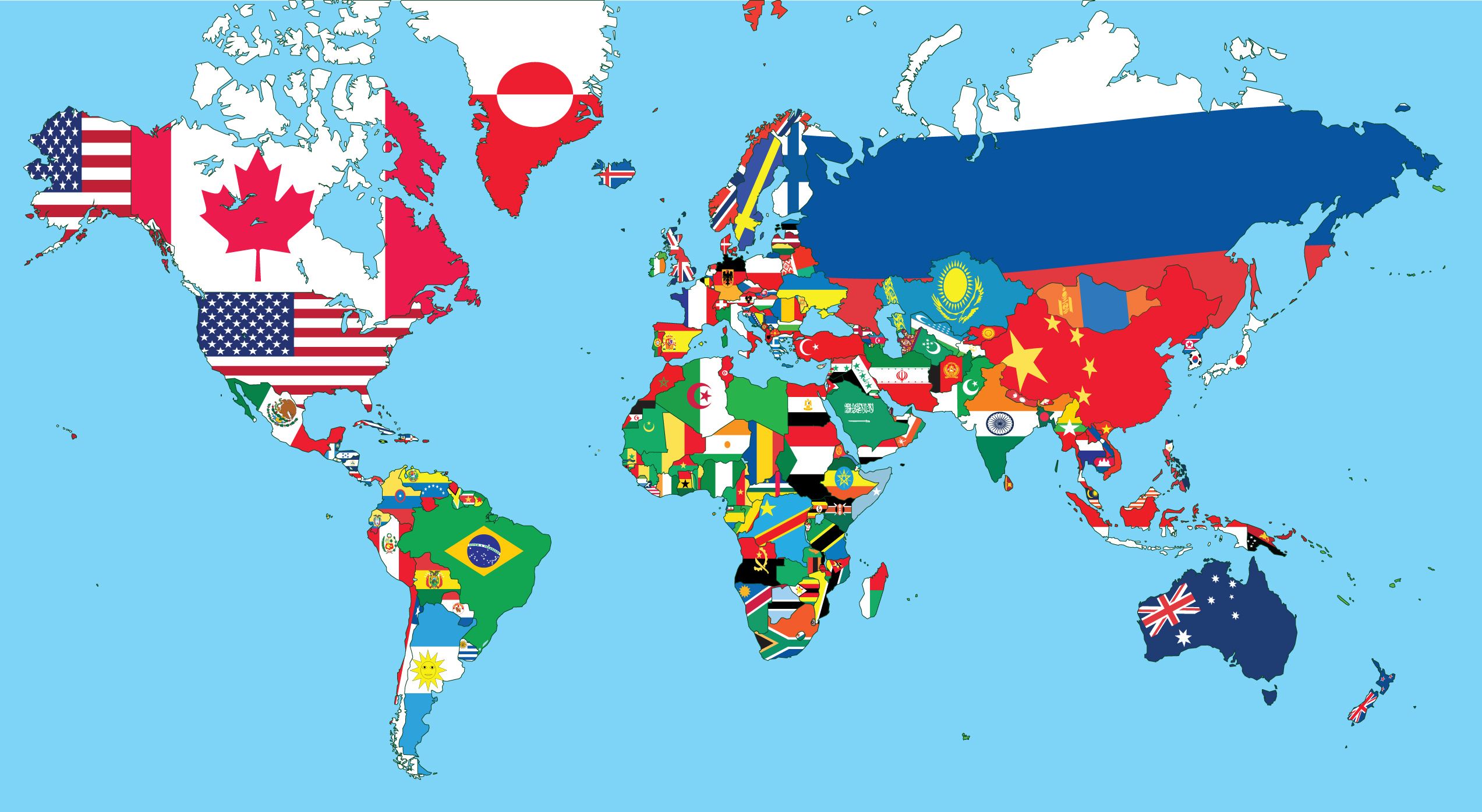As online translation https://lingvanex.com/translation/english-to-tagalog becomes an integral part of communication and content dissemination, ethical considerations in handling sensitive content are of utmost importance. Language barriers should never compromise the confidentiality, accuracy, or cultural sensitivity of sensitive information. In this article, we will explore the ethical challenges faced by online translators when dealing with sensitive content and discuss strategies to ensure responsible and ethical translation practices.
Confidentiality and Data Security:
Online translators may encounter sensitive information, such as personal data, medical records, or confidential business documents. It is essential to implement robust data security measures to protect the confidentiality of such content and prevent unauthorized access or data breaches.
Informed Consent:
When translating sensitive content, it is vital to obtain informed consent from all parties involved. Transparency about the translation process and the potential risks associated with sharing sensitive information is crucial to maintaining trust and ethical standards.
Avoiding Biases and Prejudice:
Online translators https://lingvanex.com/translation/english-to-hindi must be vigilant in avoiding biases and prejudice that might inadvertently influence the translation of sensitive content. Cultural awareness and sensitivity are key to ensuring that translations remain neutral and unbiased.
Contextual Understanding:
Sensitive content may have nuances that require a deep contextual understanding for accurate translation. Translators should take the time to comprehend the broader context to avoid misinterpretations or misunderstandings.
Limitations of Machine Translation:
Machine translation, though continuously improving, may not always be appropriate for translating sensitive content. Human translators can better navigate cultural complexities and ensure more accurate and contextually appropriate translations.
Cultural Respect and Sensitivity:
Translators should be respectful of cultural norms and practices while translating sensitive content. A deep understanding of cultural nuances ensures that translations do not inadvertently offend or misrepresent the cultural context.
Dealing with Traumatic Content:
Translating content related to traumatic events, such as violence, abuse, or disaster, requires extra care and sensitivity. Translators should be prepared to handle emotional and psychological impacts while maintaining the integrity of the content.
Identifying Potentially Harmful Content:
Translators should be vigilant in identifying content that may promote harm or illegal activities. If translators come across such content, they should report it to the appropriate authorities and refrain from translating it further.
Professional Boundaries:
Online translators should be aware of their professional boundaries and refrain from providing personal opinions or judgments in their translations. Objective and accurate translations uphold ethical standards.
Continuous Professional Development:
Ethical considerations in online translation are dynamic and ever-evolving. Translators should engage in continuous professional development, including ethics training, to stay updated on best practices and industry standards.
Ethical considerations in online translation, particularly when dealing with sensitive content, are essential for upholding confidentiality, cultural sensitivity, and responsible communication. Translators play a crucial role in ensuring the accurate and ethical dissemination of information, and they must be committed to maintaining confidentiality, cultural respect, and professional boundaries. By implementing secure data practices, seeking informed consent, and staying culturally aware, online translators can navigate the complexities of sensitive content while upholding ethical standards in their crucial role as communication facilitators.




